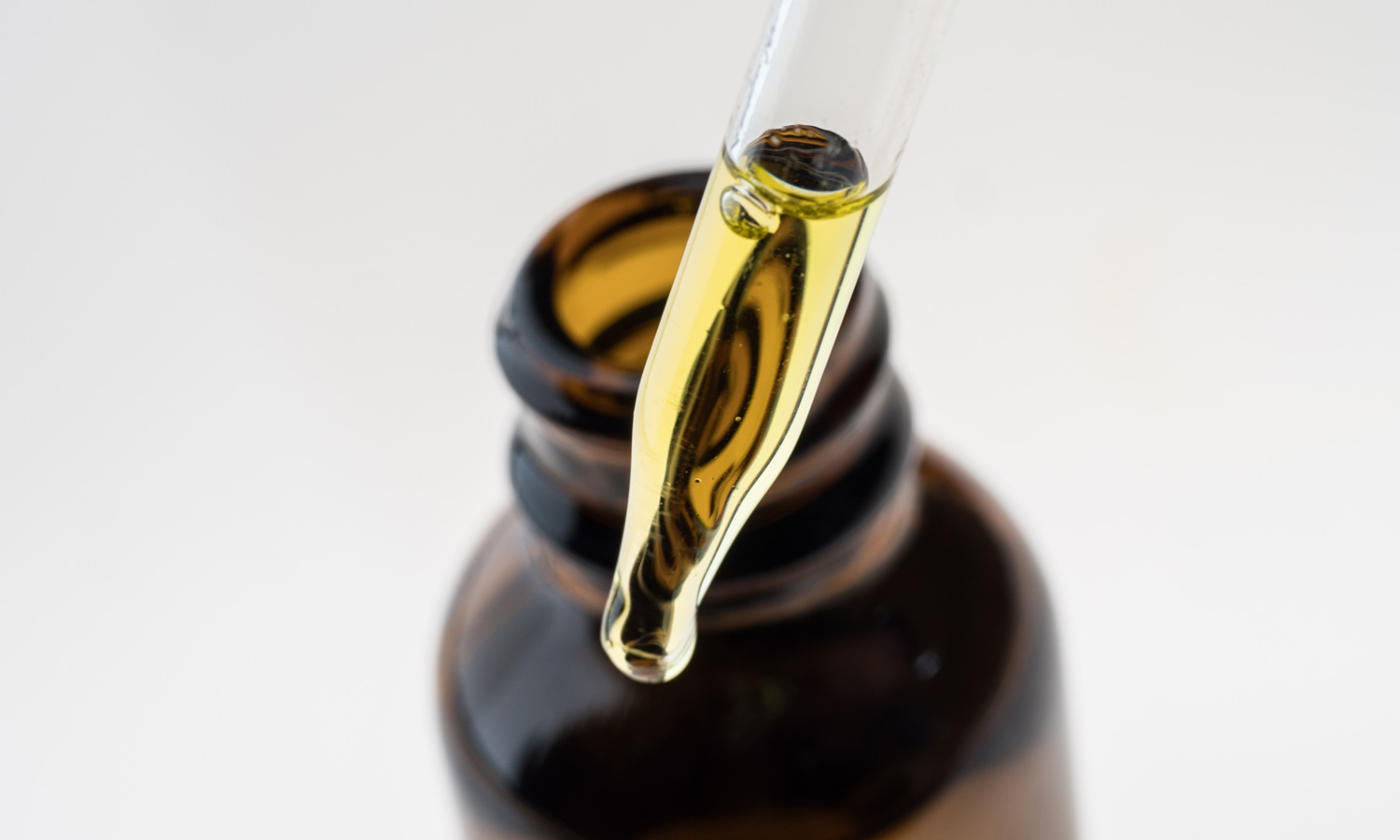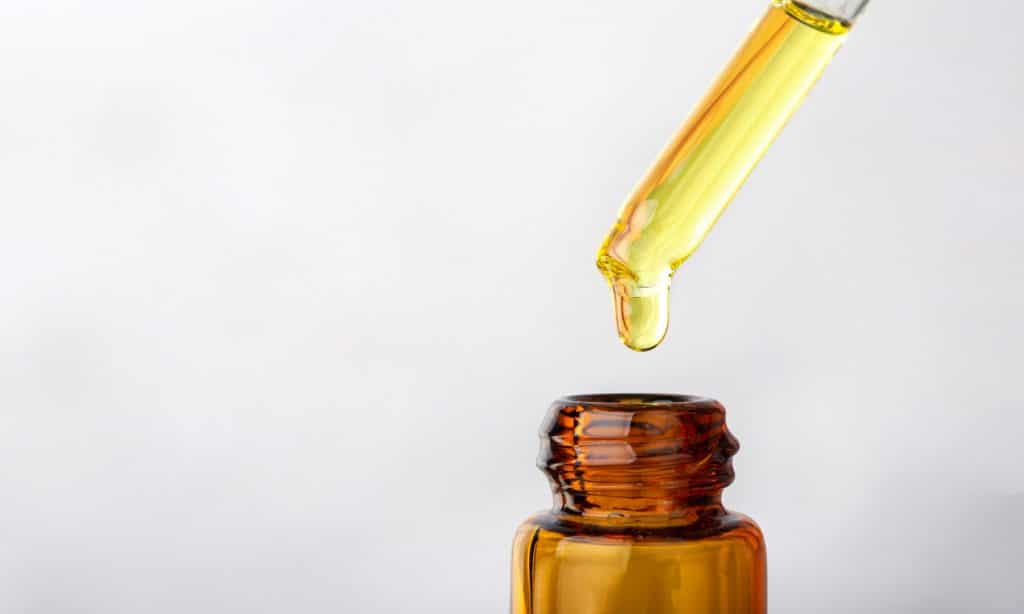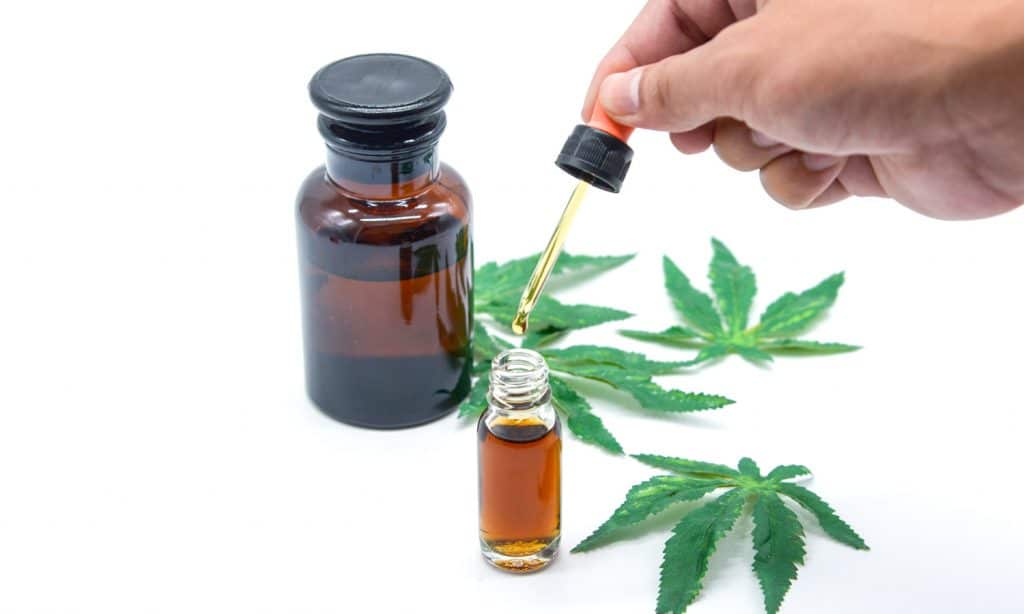
The biggest difference between cannabis oil and CBD oil
Smoking may be the trend right now, but trust me, fortified oils could very well be the future.
Cannabis plants have different derivatives, a variety of psychoactive compounds, hundreds of cannabinoids and different forms of terpenes. This gives users a large basket to choose their infused oil from and also makes choosing a very difficult task.
The most commonly used oils are hemp oil, cannabis oil, CBD oil, weed oil, CBD tinctures, hemp seed oil, etc. These oils are popular for their medicinal and recreational value. They are generally considered very safe to take with no risk of burns.
Recently, there has been a wide debate about the potential benefits of CBD oil and cannabis oil. Other cannabis-derived oils have been widely discussed over the last year. This post mainly focuses on discussing the differences between CBD oil and cannabis oils.
Photo by Iryna Veklich/Getty Images
General overview of CBD oil and cannabis oil
First of all, while both oils are far from the same, they share a common source; they can both be extracted from cannabis sativa plants.
CBD oil and cannabis oil are manufactured and packaged in different varieties, but both forms are consumed for very different reasons and are governed by completely different laws (which you’ll learn about as you read on).
An in-depth look at CBD oil and cannabis oil
What is CBD oil?
This oil is made from industrial hemp. Hemp is a variety of cannabis sativa plants.
The unique feature of this oil is that it contains only trace amounts of THC, often less than 1%. This makes the oil non-psychotropic.
However, hemp also contains other cannabinoids, including CBD, CBC, CBGA, CBN, and CBDA. These cannabinoids have their own additional effects, but none of them are psychoactive. CBD oil is one of the safest oral cannabis extract oils.
 Photo by pcess609/Getty Images
Photo by pcess609/Getty Images
RELATED: Cheap vs. Expensive CBD Products: Why There’s an Amazing 5,100% Difference
Commercial companies use hemp seed oil or olive oil carriers to increase the bioavailability of CBD oil. Appeals to more customers.
If you’re not keen on CBD oils containing other cannabinoid compounds, you’re in luck. There are two forms of CBD oils. They are full spectrum CBD oil and CBD isolate oil.
Full Spectrum CBD Oil
When you come across a product with this phrase, it means that the oil contains other cannabinoids like CBG, CBN, CBC, etc. In addition, it also contains flavonoids and terpenes.
The addition of these “not-so-active” cannabinoids work in conjunction with the CBD molecule to produce the famous “entourage effect”. That means they all come together to create an effect greater than any effect.
If you want to experience the entourage effect, then this CBD oil is your best choice.
CBD isolate oil
As the name suggests, this CBD oil contains no other compound besides cannabidiol. Other compounds such as cannabinoids, flavonoids or terpenes are absent; if they are present, their content is less than 0.2% of the total compound. This makes the oil tasteless and odorless.
 Photo by Carol Yepes/Getty Images
Photo by Carol Yepes/Getty Images
RELATED: Everything you need to know about cannabis oil
This is the purest form of CBD oil, which is why it is more preferable to use it as an ingredient in meal recipes.
It is up to the user which CBD oil they prefer.
What is cannabis oil?
This is also known as marijuana oil or THC oil.
Cannabis oil is an oil enriched with a large amount of high-THC cannabis extract. This oil contains a significantly higher amount of THC than CBD oil. It can be extracted from any form of the cannabis plant, whether for recreational or medicinal purposes. This is in contrast to CBD oil, which is mostly derived from industrial hemp.
Due to official guidelines, dubious manufacturers often incorrectly refer to their CBD oil as cannabis oil in order to attract new customers.
Cannabis oil is mainly preferred for recreational reasons. People use it to get high because of its significant THC content. Some use it for its medicinal purpose.
benefits and risks
CBD oil
CBD oils are used to treat conditions such as:
- insomnia
- fatigue
- Cancer
- Alzheimer’s disease
- Parkinson’s disease
- allergies
- asthma
- migraine
- arthritis
- chronic pain
- epilepsy
- Post-traumatic stress disorder
- multiple sclerosis
- lung disease
- And other.
risks: CBD oil has minimal side effects when used at the recommended dosage.
Note that the oil can interact with other medications or supplements that are added to your diet.
cannabis oil
The benefits of using cannabis oil include:
- Stronger high
- Extended duration of action
- Healthy consumption (Zero Burning of Weed)
- Discreet to use (no discernible aroma or smoke)
 Photo by Thanit Weerawan/Getty Images
Photo by Thanit Weerawan/Getty Images
RELATED: 3 key differences between CBD oil and hemp oil
Cannabis oil can also be used to treat higher levels of pain due to the presence of THC and CBD molecules. The presence of both key cannabinoids increases the effectiveness of this oil for treating certain medical conditions.
risks: With excessive use, users may experience some of the side effects of consuming high-THC weed. Some of these are paranoia, dizziness, couchlock, nausea, loss of appetite, etc.
Laws regulating the use of CBD and cannabis oils
CBD oil
Industrial hemp must contain no more than 0.2% THC in Europe to be legal. In the United States of America, the limit for THC content is 0.3%. This THC level decreases when the hemp is processed into CBD oil, therefore CBD oils do not have psychoactive effects and cannot get the user high.
It is legally sold throughout Europe and most states in the US
cannabis oil
Legally, cannabis oil cannot be sold for recreational use in most countries. It can only be recommended to patients with conditions that can be treated with it. Before cannabis oil is prescribed, other treatments often need to be tried.
This is why you will not find cannabis oil sold on eBay, Etsy or other online stores and pharmacies.
There you have it! Now all you have to do is decide which of these products you want to buy and remember that finding the right product is never easy.
Once you’ve found the right product, stick with your source. Enjoy!
This article originally appeared on Cannabis.net and has been republished with permission.

Post a comment: